The Romantic period was one of the most innovative in music history, characterised by lyrical melodies, rich harmonies, and emotive expression.
Hector Berlioz
The arch-Romantic composer, Berlioz’s life was all you’d expect – by turn turbulent and passionate, ecstatic and melancholic.
Fryderyck Chopin
Few composers command such universal love as Chopin; even fewer still have such a high proportion of all their music in the active repertoire. Yet he is the only great composer who wrote no symphonies, operas, ballets or choral works. His chief claim to immortality relies not on large scale works but on miniature forms.
Robert Schumann
Schumann is a key figure in the Romantic movement; none investigated the Romantic’s obsession with feeling and passion quite so thoroughly as him. Schumann died insane, but then some psychologists argue that madness is a necessary attribute of genius.
Franz Liszt
Composer, teacher, Abbé, Casanova, writer, sage, pioneer and champion of new music, philanthropist, philosopher and one of the greatest pianists in history, Liszt was the very embodiment of the Romantic spirit. He worked in every field of music except ballet and opera and to each field he contributed a significant development.
Richard Wagner
No composer has had so deep an influence on the course of his art, before or since. Entrepreneur, philosopher, poet, conductor, one of the key composers in history and most remarkable men of the 19th century, Wagner knew he was a genius. He was also an unpleasant, egocentric and unscrupulous human being.
Giuseppe Verdi
Verdi was never a theoretician or academic, though he was quite able to write a perfectly poised fugue if he felt inclined. What makes him, with Puccini, the most popular of all opera composers is the ability to dream up glorious melodies with an innate understanding of the human voice, to express himself directly, to understand how the theatre works, and to score with technical brilliance, colour and originality.
Anton Bruckner
Bruckner’s reputation rests almost entirely with his symphonies – the symphonies, someone said, that Wagner never wrote.
Giacomo Puccini
Whatever the atmosphere he wanted to create, Puccini’s sound world is unique and unmistakeable with its opulent yet clear-cut orchestration and a miraculous fund of melodies with their bittersweet, tender lyricism. His masterly writing for the voice guarantees the survival of his music for many years to come.
Pyotr Il’yich Tchaikovsky
Tchaikovsky is the most popular of all Russian composers, his music combining some nationalist elements with a more cosmopolitan view, but it is music that could only have been written by a Russian. In every genre he shows himself to be one of the greatest melodic fountains who ever lived.
Johannes Brahms
One of the giants of classical music, Brahms appeared to arrive fully armed, found a style in which he was comfortable – traditional structures and tonality in the German idiom – and stuck to it throughout his life. He was no innovator, preferring the logic of the symphony, sonata, fugue and variation forms.

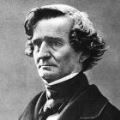
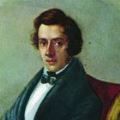
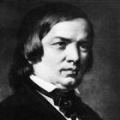
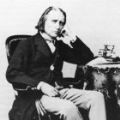
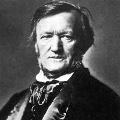
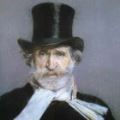
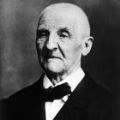
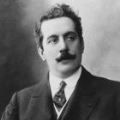
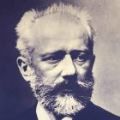
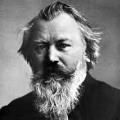
Share it people